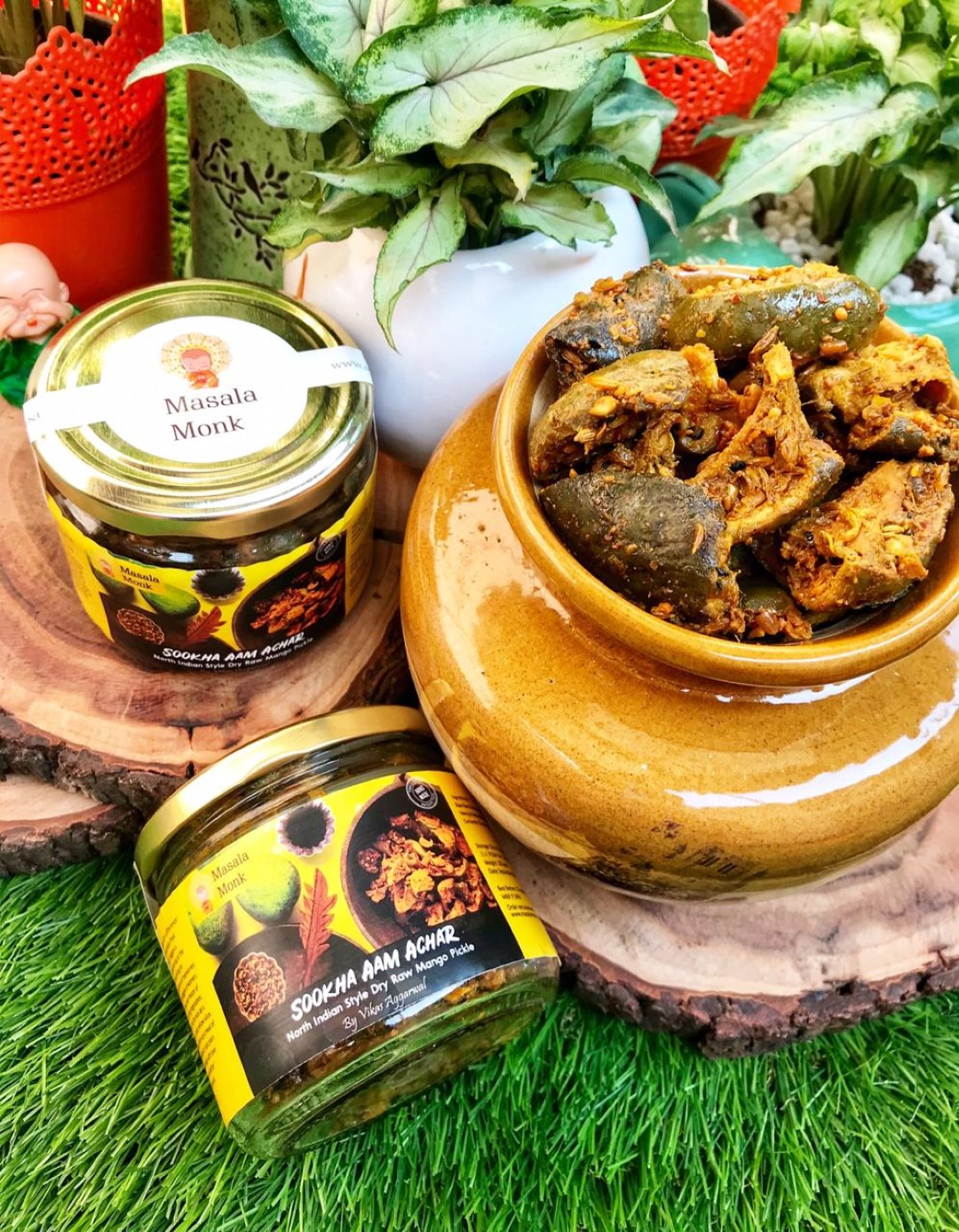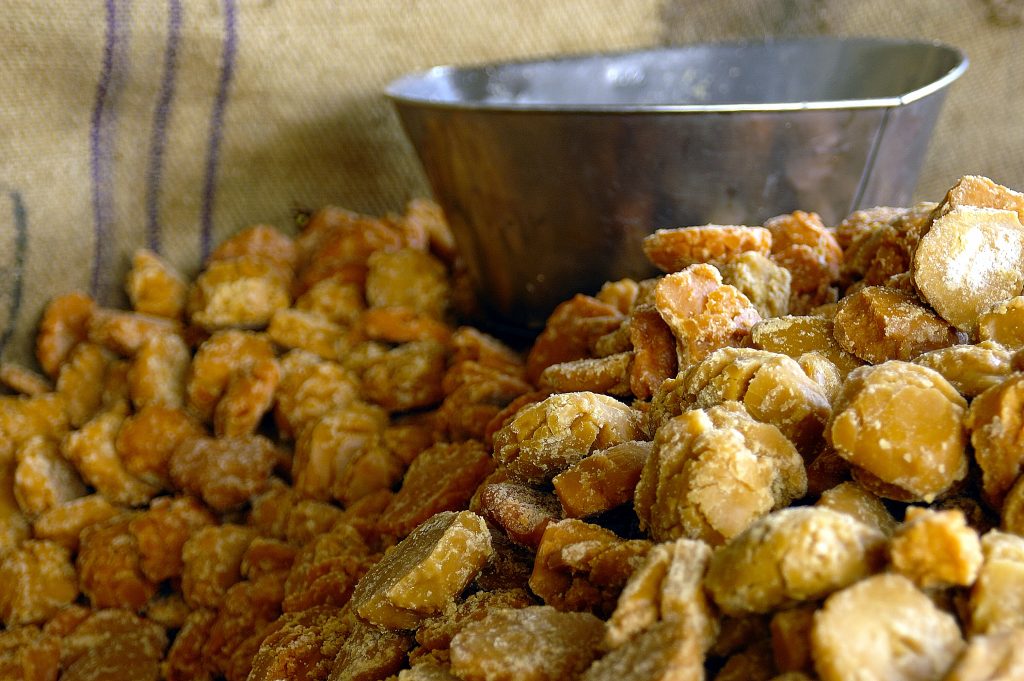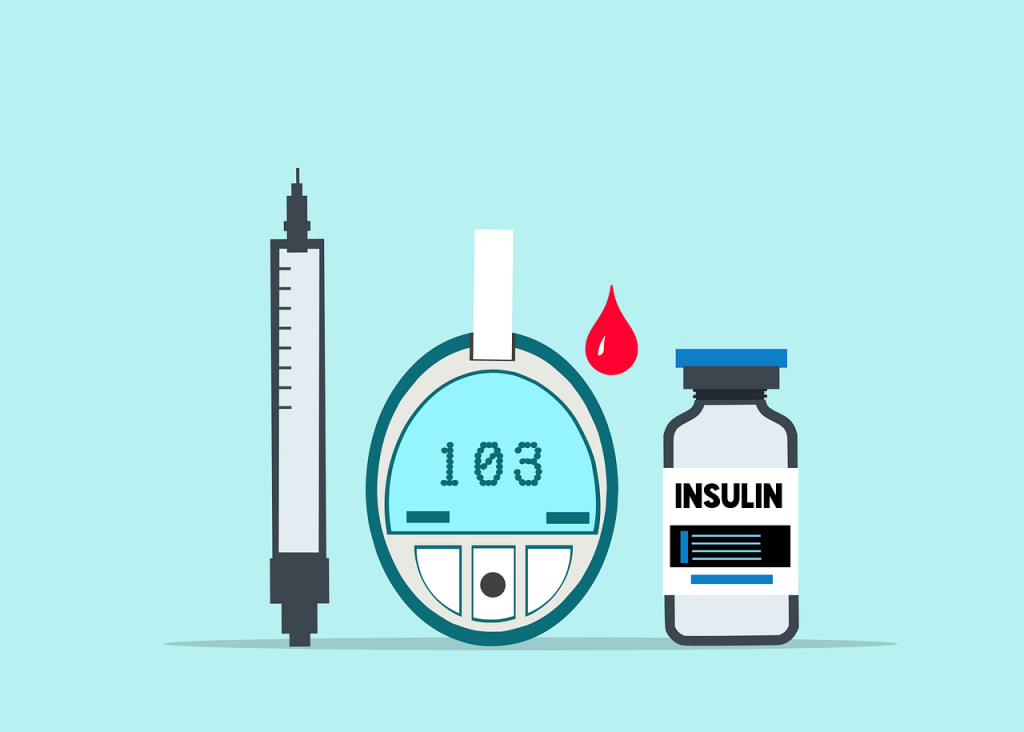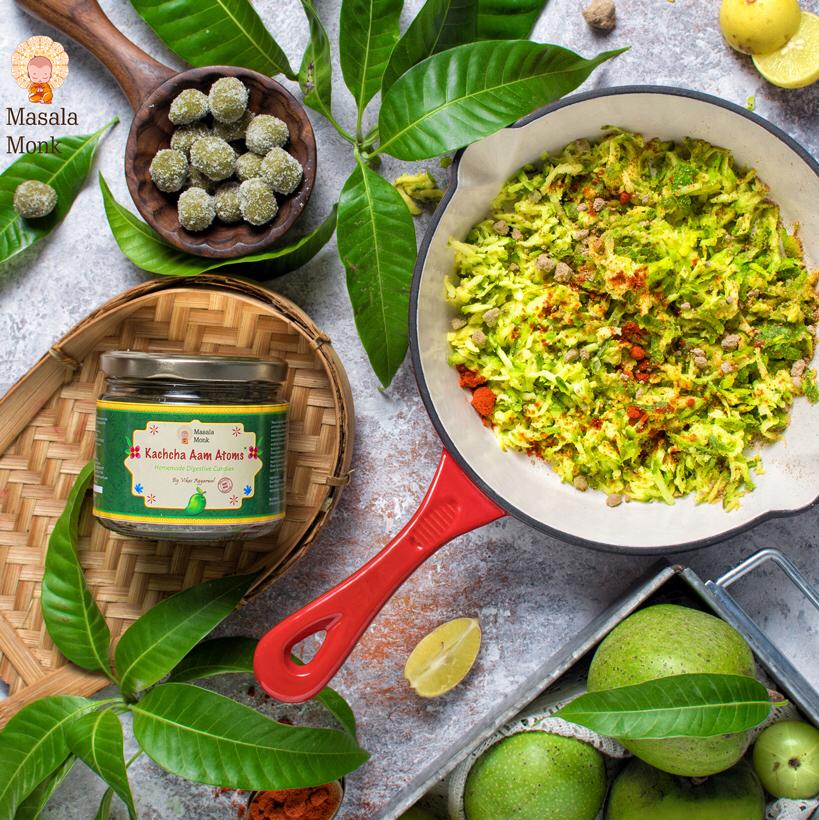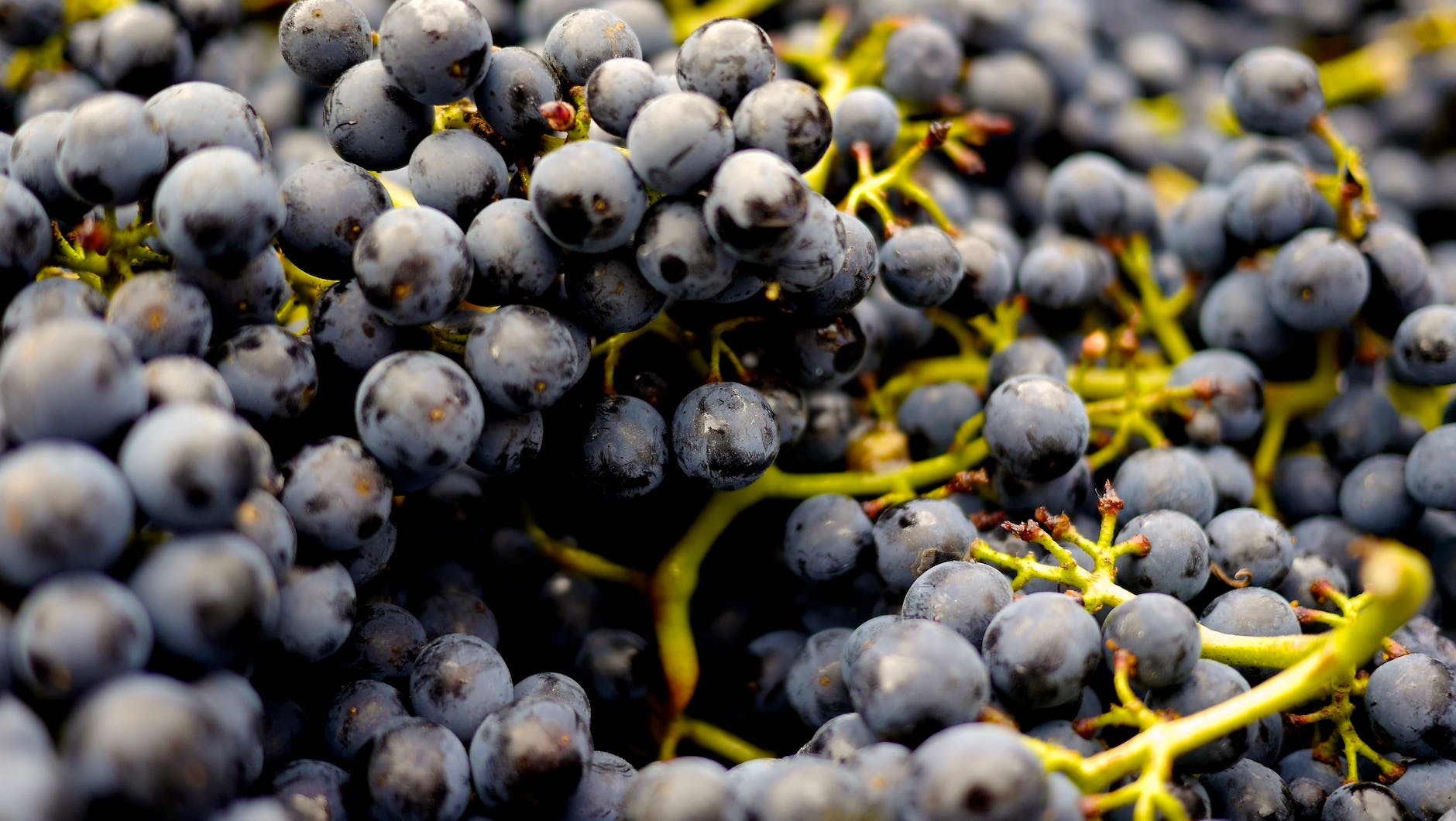
In the realm of nutrition, fruits have always been celebrated for their myriad health benefits. However, with the increasing global concern about sugar and its potential link to diabetes, the sugar content in fruits has come under the microscope. This comprehensive guide aims to dissect the intricate relationship between fruit consumption and diabetes, offering a balanced perspective.
1. Introduction: Fruits – Nature’s Bounty and the Sugar Dilemma
Fruits, often dubbed as nature’s candy, have been cherished for their delightful flavors and nutritional richness. But in an era where sugar is often seen as a health adversary, it’s essential to understand how the natural sugars in fruits fit into the bigger picture, especially concerning diabetes.
2. The Core Question: Can You Get Diabetes from Eating Too Much Fruit?
Fruits are packed with natural sugars, vitamins, minerals, and crucially, fiber. The fiber in fruits acts as a buffer, ensuring that sugars are released slowly into the bloodstream. However, like all good things, moderation is key. Consistent overconsumption of fruits can lead to an excessive caloric intake, potentially contributing to weight gain, a known risk factor for type 2 diabetes.
3. Quantity vs. Quality: Can Too Much Fruit Directly Cause Diabetes?
Linking fruit consumption directly to diabetes is a nuanced topic. While fruits contain sugars, they also offer:
- Vitamins: Essential for various bodily functions.
- Minerals: Crucial for bone health, fluid balance, and more.
- Fibers: Aid in digestion and provide satiety.
It’s the combination of these nutrients, along with lifestyle factors and genetics, that determines one’s risk of developing diabetes.
4. Blood Sugar Dynamics: The Impact of Fruit on Blood Sugar Levels
Certain fruits, especially those with a high glycemic index like watermelons or pineapples, can cause a quicker rise in blood sugar levels. However, the fiber content in whole fruits can counteract this effect. Key takeaways include:
- Balance is Essential: Pair fruits with proteins or healthy fats.
- Variety Matters: Opt for fruits with a lower glycemic index, such as berries or apples.
- Whole Over Juice: Fruit juices lack fiber and can lead to rapid sugar spikes.
5. Embracing a Balanced Diet: The Low Sugar, Low Cholesterol Approach
A diet that’s low in sugars and cholesterol emphasizes:
- Whole Foods: Such as grains, lean meats, and vegetables.
- Healthy Fats: Think avocados, nuts, and olive oil.
- Complex Carbohydrates: Including fruits, in moderation.
Such a diet not only supports cardiovascular health but also aids in maintaining stable blood sugar levels.
6. Clean Eating: The No Processed Sugar Diet
Eliminating processed sugars from the diet brings a focus on natural, unrefined foods. Key components include:
- Whole Grains: Like quinoa, oats, and brown rice.
- Lean Proteins: Chicken, fish, tofu, and legumes.
- Natural Sweetness: Fruits, in moderation, can satisfy sweet cravings without the need for added sugars.
7. The Sugar Impact Diet: A Focus on Glycemic Load
The Sugar Impact Diet is centered on understanding the glycemic load of foods, which considers both the type and amount of carbohydrate. Fruits have varying glycemic loads, and being aware of this can guide healthier choices.
8. Debunking Myths: Does Eating Fruit Really Cause Diabetes?
While fruits contain natural sugars, they’re not the villains in the diabetes story. It’s essential to differentiate between the sugars in fruits and refined sugars found in processed foods. The latter, when consumed excessively, poses a more significant risk.
9. Beyond the Sweetness: Foods Without Refined Sugar
Choosing foods devoid of refined sugars ensures a diet rich in:
- Nutrients: Vitamins, minerals, and antioxidants.
- Sustained Energy: Thanks to complex carbs and fibers.
- Health Benefits: Reduced risk of chronic diseases and better digestive health.
10. Fruit Sugars Unveiled: Can Fruit Sugar Cause Diabetes?
Fruit sugars, primarily fructose, have a different metabolic pathway than glucose. While they don’t directly spike blood sugar, overconsumption can strain the liver, leading to other metabolic challenges. As with everything, moderation and balance are crucial.
FAQ Section:
1. How do the natural sugars in fruits differ from refined sugars in processed foods?
Natural sugars in fruits come packaged with fiber, vitamins, and minerals, which aid in a slower release of sugar into the bloodstream. In contrast, refined sugars in processed foods lack these beneficial nutrients, leading to rapid spikes in blood sugar levels and offering empty calories.
2. Is there a specific quantity of fruit that’s considered safe for daily consumption?
The ideal quantity of fruit varies based on individual nutritional needs, activity levels, and overall health. However, a general guideline is to aim for 2-3 servings of fruit daily, ensuring a mix of different types to benefit from a range of nutrients.
3. Can individuals with diabetes still enjoy fruits in their diet?
Absolutely! Individuals with diabetes can and should enjoy fruits. The key is to be mindful of portion sizes, opt for whole fruits over juices, and choose fruits with a lower glycemic index, such as berries or apples, to minimize blood sugar spikes.
4. How does the glycemic index of fruits impact blood sugar levels?
The glycemic index (GI) measures how quickly a food raises blood sugar levels. Fruits with a high GI can cause rapid rises in blood sugar, while those with a low GI result in a slower, more steady release. Pairing high GI fruits with proteins or healthy fats can also help stabilize blood sugar responses.
5. Are there fruits that are particularly beneficial for individuals at risk of diabetes?
Fruits rich in fiber and low in glycemic index, such as berries, apples, pears, and oranges, are particularly beneficial. They provide essential nutrients without causing rapid blood sugar spikes, making them a great choice for those at risk of diabetes.
6. How does fruit consumption fit into a diet focused on reducing refined sugars?
In a diet that aims to reduce refined sugars, fruits emerge as a natural sweetener. They can satisfy sweet cravings while providing the body with essential nutrients and fiber, making them a healthier alternative to processed sugary snacks.
Conclusion: Fruits in the Diabetes Narrative – A Balanced Perspective
Fruits, with their plethora of health benefits, should not be feared. Instead, with informed choices and a focus on overall dietary balance, they can be enjoyed as part of a healthy lifestyle.
Blog Tags for the Post: fruit and diabetes, natural sugars, refined sugars, glycemic index, fruit servings, diabetes management, blood sugar spikes, whole fruits vs. fruit juices, low GI fruits, high GI fruits, fruit benefits, dietary fiber, fruit nutrients, healthy diet, reducing sugar intake, natural sweeteners, metabolic health, fruit varieties, balanced diet, fruit consumption guidelines.
Note: Always consult with a healthcare professional or nutritionist for personalized advice and recommendations.

